-
11 February 2022
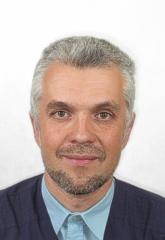
Speaker: Piotr E. Grinevich, Steklov Mathematical Institute, L.D. Landau Institute for Theoretical Physics, Lomonosov Moscow State University, Russia.
Title: Elementary formulas for Fermi-Pasta-Ulam recurrence of anomalous waves, (joint work with P.M. Santini (Universita di Roma "La Sapienza", Istituto Nazionale di Fisica
Nucleare, Italy)
Click to read the Abstract.
Rogue waves (freak waves, anomalous waves) are an interesting (and
dangerous) natural phenomenon actively investigated by scientists during
the last decades. One of the basic models for such waves is the focusing
Nonlinear Schrodinger Equation, which is a completely integrable system.
Generic spatially periodic solutions for this equation can be written
explicitly in terms of Riemann theta-functions, but these formulas are
rather complicated. We found out that, for the special Cauchy data used in
the theory of anomalous waves, one can construct elementary approximate
formulae demonstrating a very good agreement with numerical simulations.
In 2018, the experimentalists succeeded to observe experimentally the
Fermi-Pasta-Ulam type recurrence of anomalous waves in optical systems,
and our formulas were used in planning and interpreting these experiments.
-
18 February 2022

Speaker: Michael Barnsley, Australian National University.
Title: Overlapping fractal tilings and code space.
Click to read the Abstract.
I will talk about overlapping fractal tilings and their relationship code , with many beautiful pictures and not enough rigor.
This is recent work that occupies much of my time.
-
25 February 2022
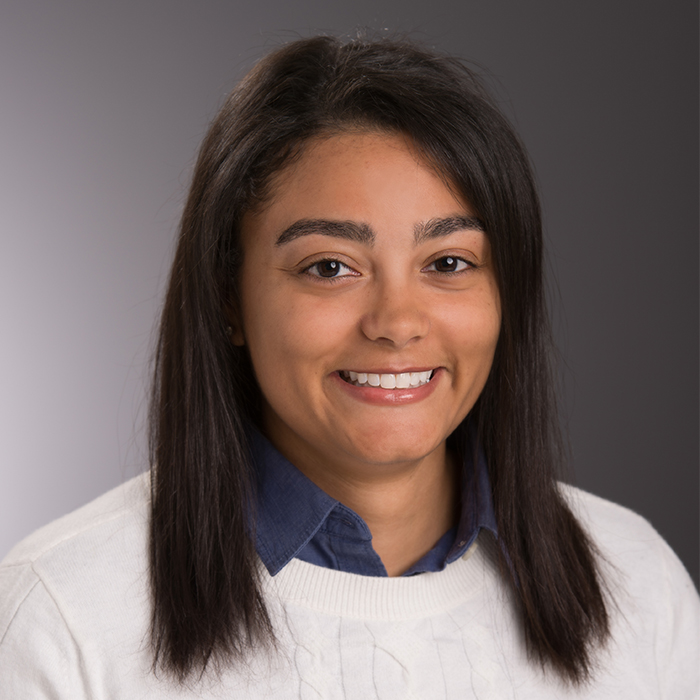
Speaker: Lindsey-Kay Lauderdale, Towson University.
Title: On the Wiener Index of Graph.
Click to read the Abstract.
Every molecule can be described by a graph, where the atoms are represented by vertices and the bonds between atoms are represented by edges. A topological index is a mathematical invariant of a graph that predicts properties of the molecule in which the graph describes. Presently, there are over 200 topological indices used in chemistry, and the so-called Wiener index is the most common. In this talk, we will briefly discuss some basic properties of the Wiener index and then consider two of its extensions.
-
18 March 2022

Speaker: Jeffrey Case, Penn State University.
Title: Conformally covariant polydifferential operators
Click to read the Abstract.
Conformally covariant differential operators, including the Yamabe operator, feature heavily in studies of the scalar and Q-curvatures as well as in (sharp) Sobolev inequalities. In this talk, I discuss multilinear analogues of these operators, known as conformally covariant polydifferential operators. In one direction, I show that these operators are ubiquitous; for example, there is such an operator associated to each variational scalar Riemannian invariant. In another direction, I describe a general approach to classifying local minimizers of related Sobolev quotients in Euclidean space. This talk is partially based on joint work with Yueh-Ju Lin and Wei Yuan.
-
25 March 2022
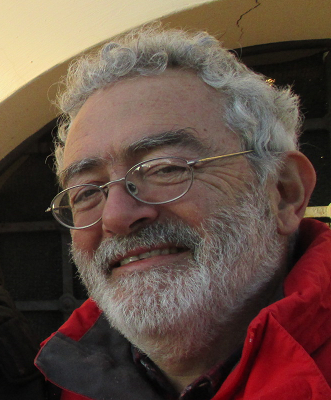
Speaker: Giuseppe Gaeta, Università di Milano, Italy.
Title: An introduction to the mathematics of biological evolution.
Click to read the Abstract.
I will briefly discuss some basic questions in the mathematical aspects of biological evolution; if time permits, I will discuss some specific models.
-
1 April 2022
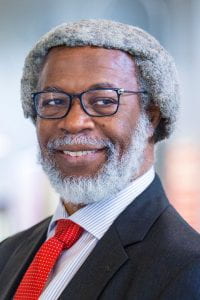
Speaker: Sylvester James Gates, Jr., Brown University.
Title: Adynkras, Permutahedra, and Adinkras: New Discrete Mathematics From Physics.
Click to read the Abstract.
Supersymmetry, unlike other more well established elements of representation theory, began in physics and therefore lacks a basis in weight spaces and polytopes. In 2004, there was a
start at correcting this by the introduction of a set of graphs, adinkras. By 2020 this approach led to adynkras, (2.0 versions of adinkras) and allowed for 'solving' a forty year old problem
involving over 4.2 billion unknowns. This talk discusses this discovery arc.
-
8 April 2022
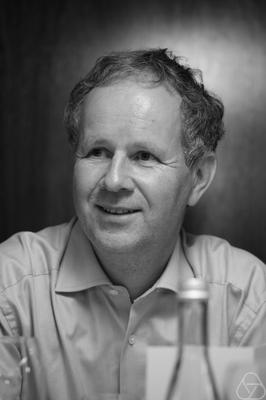
Speaker: Christian Lubich, University of Tübingen, Germany.
Title: Variationally evolving Gaussians for quantum dynamics revisited.
Click to read the Abstract.
The semiclassically scaled multi-particle Schrodinger equation poses
the combined computational challenges of high oscillations and high dimension.
This talk reviews Gaussian wave packets that evolve according to the
Dirac--Frenkel time-dependent variational principle for the
semiclassical Schrodinger equation. This provides a simple yet
fundamental approximation that is basic for many more elaborate
approximations in quantum dynamics. Old and new results on
the Gaussian approximation to the wave function are given in this talk,
touching various areas of mathematics and keeping an open eye to physics.
-
15 April 2022
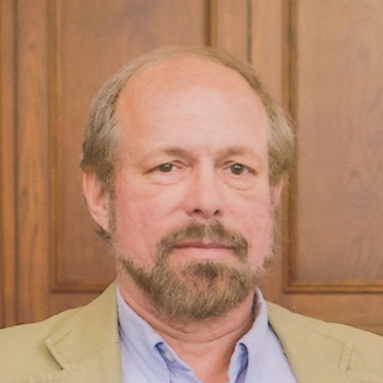
Speaker: Joseph D. Fehribach, Worcester Polytechnic Institute.
Title: Some recent developments on Kirchhoff graph.
Click to read the Abstract.
Kirchhoff graphs are vector graphs all of whose vertex cut
vectors are orthogonal to their cycle vectors. This talk introduces
Kirchhoff graphs and discusses their origins in electrochemistry. It
then discusses Kirchhoff graph uniformity: the property that each edge
vector must appear the same number of times in any Kirchhoff graph.
Kirchhoff graph uniformity then is used to computationally construct
Kirchhoff graphs.
-
22 April 2022

Speaker: Omar Lakkis, University of Sussex, UK.
Title: Recovery Galerkin Methods for Hamilton-Jacobi-Bellman and Monge-Ampère
Click to read the Abstract.
Hamilton-Jacobi-Bellman (HJB) equations are a class of nonlinear elliptic or parabolic partial differential equations that arise in various fields, e.g., stochastic control or optimal mass
transportat. They are notoriously hard to approximate numerically and necessitate careful treatment. We propose a method that builds on Galerkin finite element methods using the concepts
of Hessian recovery. I will review different ways of defining the recovered Hessian and how to use it in the context of least squares solvers.






